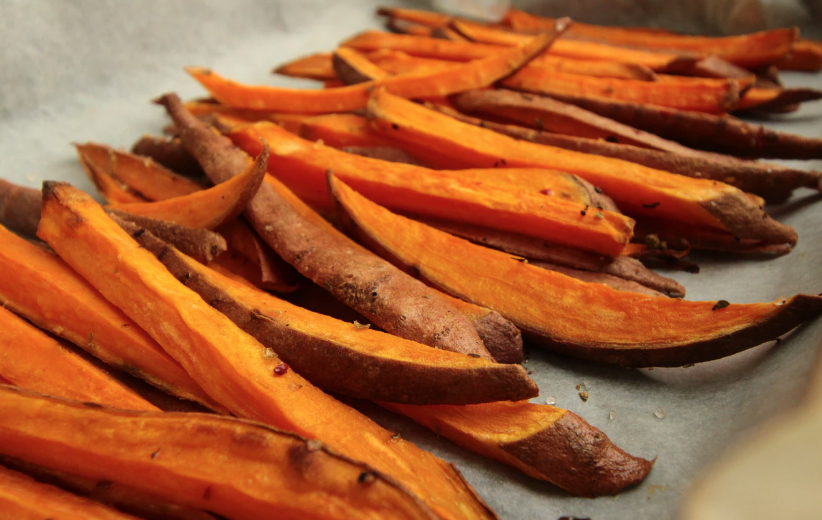In this final blog of the series, we are tackling Qi deficiency. In TCM, Qi is the life force of the body, and everything and everyone is made up of Qi. We often replenish our Qi by eating food. Eating healthy, good quality, and nutritious foods help to revitalize our Qi.
Qi deficiency can be due to various things. Oftentimes it is due to overwork or dietary irregularities. In addition, stress and lack of sleep can also do a number on your Qi. Common clinical manifestations of Qi deficiency include shortness of breath, a weak voice, spontaneous sweating, poor appetite, loose stools, and fatigue and tiredness.
People with Qi deficiency tend to prefer sweeter foods and these are very beneficial to tonify the Qi of the body. This is not an excuse to just eat cakes, desserts, candies and all other manner of tasty treats! Instead, eat foods that have sweet properties in TCM. These include complex carbohydrates, proteins, rice, and potatoes.
Foods to Tonify Qi
- Grains: rice, oats
- Vegetables: potato, squash, sweet potato, yam
- Fruit: dates, figs, grapes, cherries, longan
- Bean: tofu
- Meat: chicken, beef, ham
- Herbs spices: licorice
- Oils/condiments: molasses
- Supplements: algae, pollen, American ginseng, Chinese ginseng, royal jelly
A great way to incorporate some of these foods is by roasting sweet potatoes or yams. Also, try cooking tofu with veggies and potatoes, or stir fry chicken with rice and mushrooms. You can even make your oat porridge glamorous by adding molasses, dates, and cherries.

As we conclude our series on patterns in the body that help us diagnose and treat, it’s important to remember that everyone is unique. Certain individuals may display different symptoms for any number of reasons, so it is important to meet with a licensed practitioner before making any self-diagnosis.

